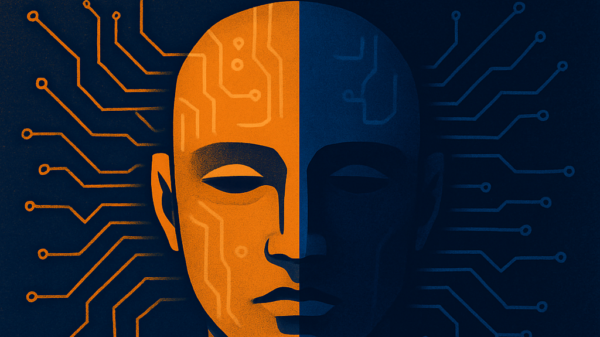In a bold move at the forefront of technological innovation, San Jose, a prominent city in Silicon Valley, has embarked on a unique experiment. The city is training artificial intelligence (AI) to identify tents and vehicles serving as makeshift homes for the homeless population.
This pioneering initiative, believed to be the first of its kind in the United States, has ignited both excitement and concern within the community.
Last July, San Jose issued an open invitation to technology companies, inviting them to equip municipal vehicles with cameras. These vehicles began traversing the streets of district 10 in December, capturing footage of public spaces. The collected data is then fed into computer vision software. This allows participating companies to train their algorithms to detect homeless encampments.
While the project initially aimed to address urban challenges like potholes and parking violations, its focus on homelessness marks a significant departure in the realm of automated surveillance.
The project has attracted the participation of notable technology firms, including Ash Sensors, Sensen.AI, Xloop Digital, Blue Dome Technologies, and CityRover. These companies have the task of refining their algorithms to identify signs of habitation within vehicles, such as covered windows and external indicators of occupancy.
The city’s information technology department oversees the pilot project, aiming to strike a balance between technological innovation and social impact.
Read more: NetraMark demonstrates efficacy of AI to help with clinical trials
Read more: Investors flock to psychedelic start-ups
Concerns and criticisms of the AI integration
Despite the project’s noble intentions, concerns have been raised regarding its potential impact on San Jose’s unhoused population. Local outreach workers and housing advocates worry that AI-driven surveillance systems could lead to punitive measures against homeless individuals, exacerbating displacement and marginalization. Critics emphasize the need for comprehensive solutions to address homelessness, rather than relying solely on technological interventions.
San Jose has stressed its commitment to privacy and ethical considerations throughout the project. The city ensures that captured images do not retain identifiable information and are used solely for urban service improvements. However, questions persist regarding the broader implications of automated surveillance and its alignment with principles of social equity and justice.
Amidst the ongoing debate, San Jose emerges as a technological bellwether, pioneering new approaches to urban governance and social welfare. The city’s experiment with AI-powered detection systems may influence similar initiatives in other municipalities across the country. However, advocates stress the importance of addressing the root causes of homelessness and prioritizing inclusive solutions over technological fixes.
zartasha@mugglehead.com














